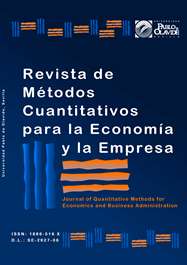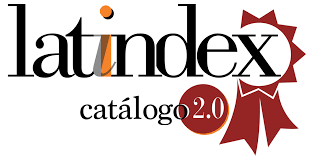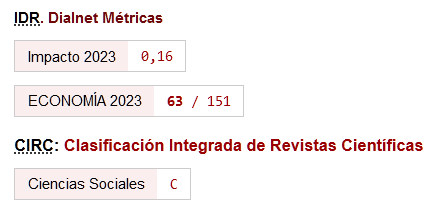Moral hazard and hidden information before the formation of the teams
DOI:
https://doi.org/10.46661/revmetodoscuanteconempresa.3059Keywords:
moral hazard in teams, incentive compatibility, hidden informationAbstract
In the context of the team´s theory, this article shows that employees will be communicated, independent of their skill endowment, have a high skill endowment. In this way, the formation teams can lead to groups whose productivity is lower than that exhibited in terms of the skills they communicated before the formation of the team. The formation of teams with agents and skills does not correspond to the information they have communicated in their messages, it leads to coordination problems that affect the performance of the team due the heterogeneity of the principal´s in the team. An example of this is the formation of academic teams in universities.
Downloads
References
Alchian, A., & Demsetz, H. (1972). Production, Information Costs, and Economic Organization. American Economic Review, 62(5), 777-795.
Berkich, D. (2007). A Puzzle About Akrasia. Teorema. Revista Internacional de Filosofía, XXVI(3), 59-72.
Borges, H. (2007). La etiología del autoegaño. ¿Pretendo engañarme o me engañan mis mecanismos? Teorema. Revista Internacional de Filosofía, XXVI(3), 19-30.
Drago, R., & Turnbull, G. (1987). Competitive and Non-Competitive Incentives in Team Settings: Notes Toward a Theory of Promotion Systems. Working Paper, Louisiana State University.
Drago, R., & Turnbull, G. (1988). The incentive effects of tournaments with positive effects among workers. Southern Economic Journal, 55(1), 100-106.
Groves, T. (1973). Incentive in teams. Econometrica, 41(4), 617-631.
Holmstrom, B. (1982). Moral Hazard in Teams. Bell Journal of Economics, 13(2), 324-340.
Marmol, C. (2007). Autoengaño y responsabilidad. Teorema. Revista Internacional de Filosofía, XXVI(3), 145-160.
McAffe, P. & McMillan, J. (1991). Optimal Contracts for Teams. International Economic Review, 32(3), 561-577.
Nicholson, A. (2007). Cognitive Bias, Intentionality and Self-Deception. Teorema. Revista Internacional de Filosofía, XXVI(3), 45-58.
Vander, T. (1995). Optimal Contracts For Teams: A Note On The Results Of McAffe And McMillan. International Economic Review, 36(4), 1051-1056.
Downloads
Published
How to Cite
Issue
Section
License
Copyright (c) 2020 Journal of Quantitative Methods for Economics and Business Administration

This work is licensed under a Creative Commons Attribution-ShareAlike 4.0 International License.
Submission of manuscripts implies that the work described has not been published before (except in the form of an abstract or as part of thesis), that it is not under consideration for publication elsewhere and that, in case of acceptance, the authors agree to automatic transfer of the copyright to the Journal for its publication and dissemination. Authors retain the authors' right to use and share the article according to a personal or instutional use or scholarly sharing purposes; in addition, they retain patent, trademark and other intellectual property rights (including research data).
All the articles are published in the Journal under the Creative Commons license CC-BY-SA (Attribution-ShareAlike). It is allowed a commercial use of the work (always including the author attribution) and other derivative works, which must be released under the same license as the original work.
Up to Volume 21, this Journal has been licensing the articles under the Creative Commons license CC-BY-SA 3.0 ES. Starting from Volume 22, the Creative Commons license CC-BY-SA 4.0 is used.










